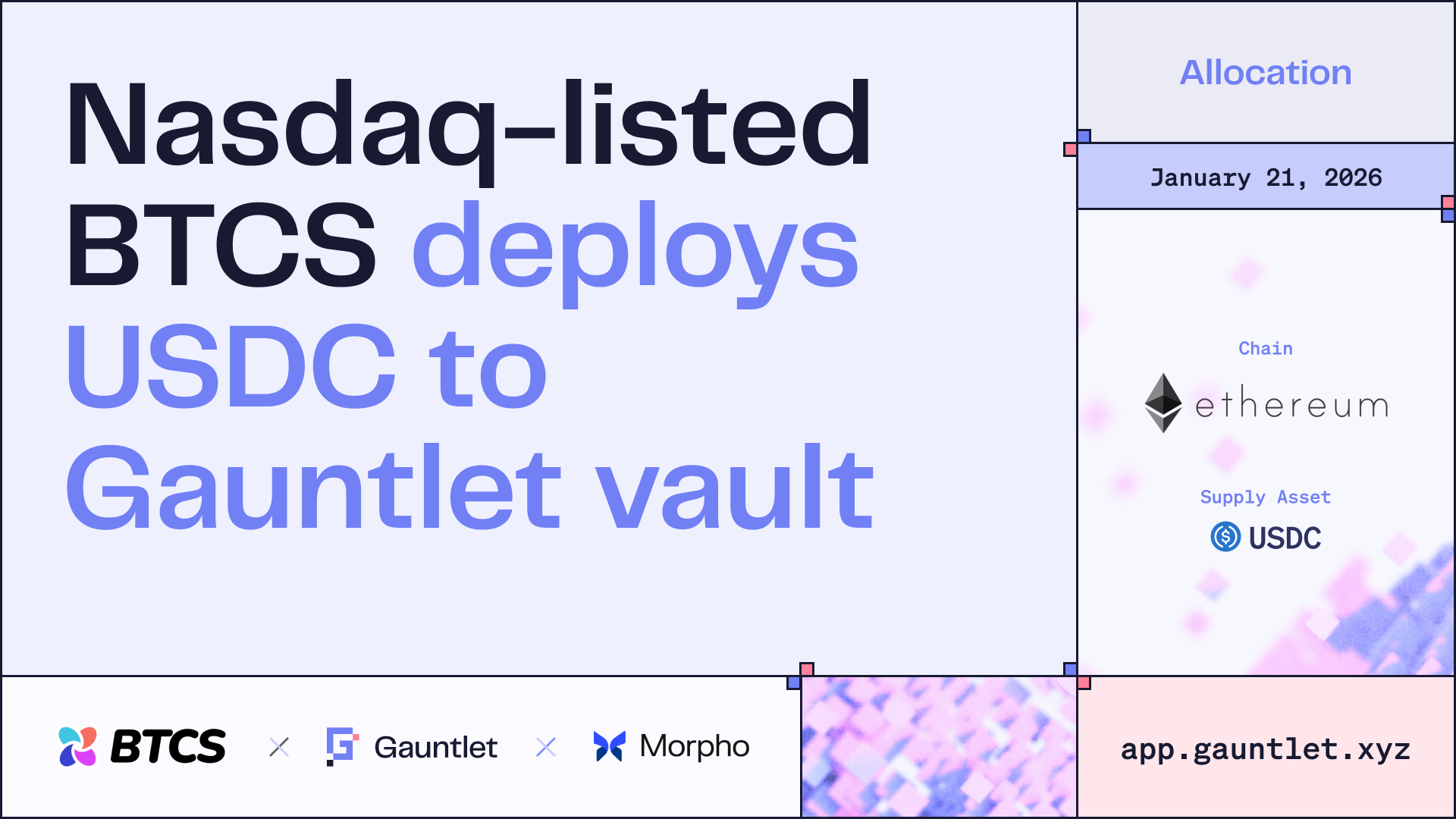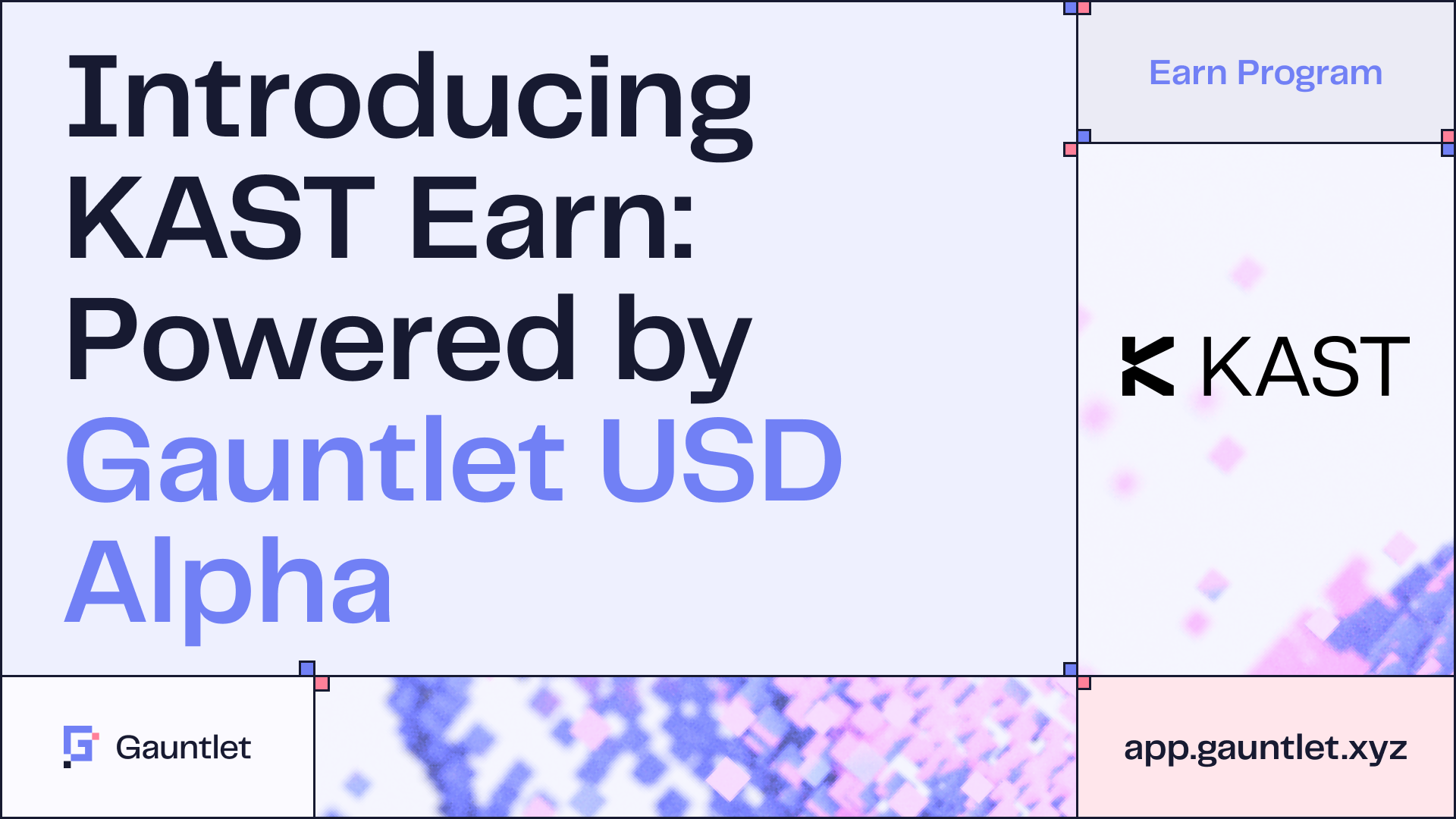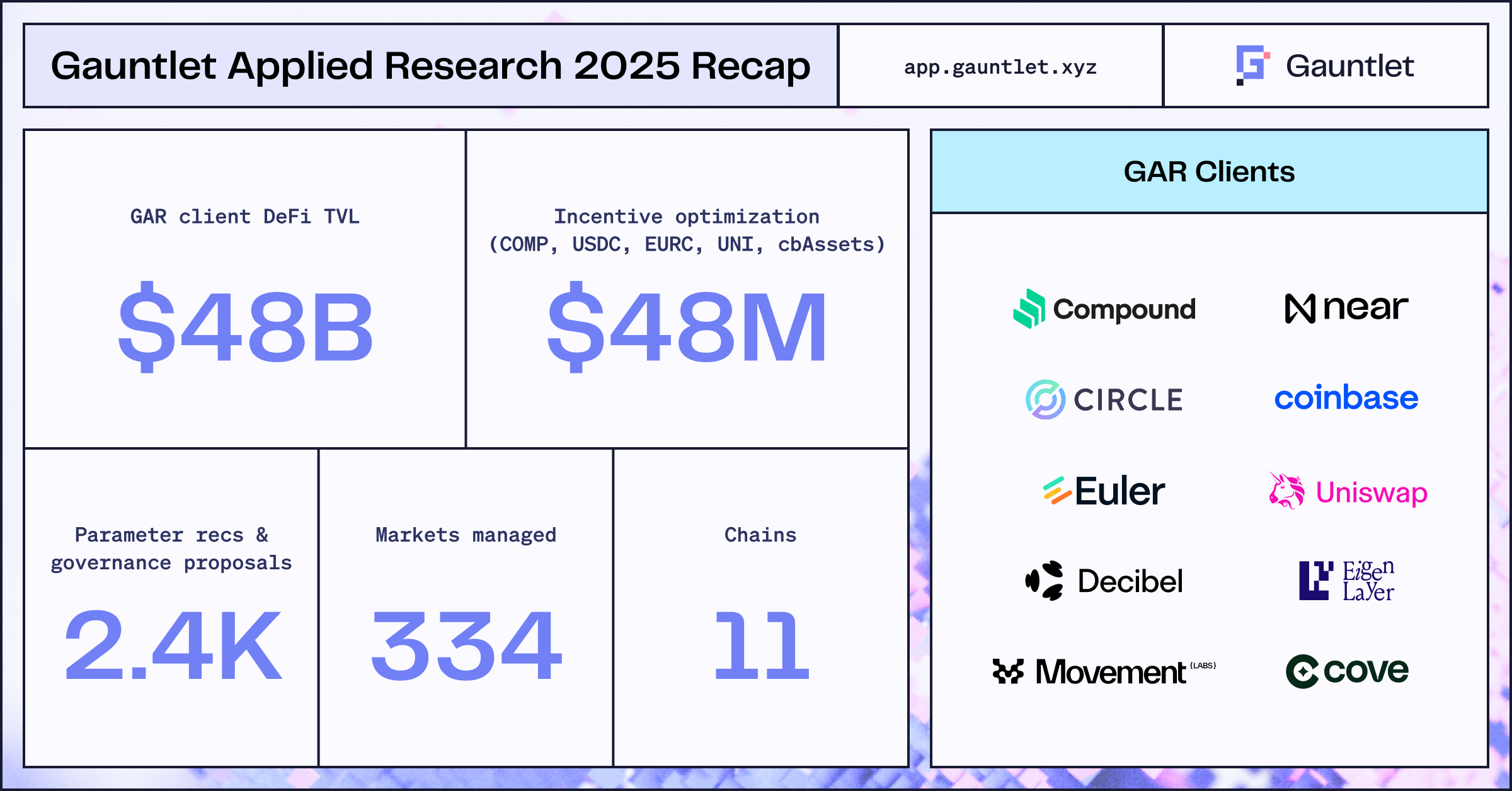
Key Takeaways
MEV and Fair Ordering
The ability to add pending transactions to the blockchain gives validators some discretion over how to organize incoming transactions sequentially. In general, this allows the validators to extract value (MEV) by proposing transaction orderings designed for their own benefit. To what extent transaction ordering should be a competitive market or enforced by fair ordering rules is one of the most debated mechanism design trade-offs in crypto.
Fairness and Theoretical Bounds
This paper identifies theoretical upper and lower bounds for fairness based on certain conditions. Most importantly, fairness trade-offs depend heavily on the payoff functions of the market participants involved. For example, a relatively smooth mechanism like an AMM has very different transaction ordering considerations than an abrupt liquidation mechanism. We note a connection between the complexity of fairness rules and the complexity of user payoffs -- advanced fairness rules are most useful when users have discontinuous payoffs and most inefficient when payoffs are linear or smooth.
Implications
We conclude that, in general, no single mechanism can prevent validators from extracting some value from transaction ordering. MEV optimization needs to be aware of application-specific factors that determine the cost and benefits of various ordering rules and economic mechanisms.
Presentations
View the full presentation
Read the full paper








